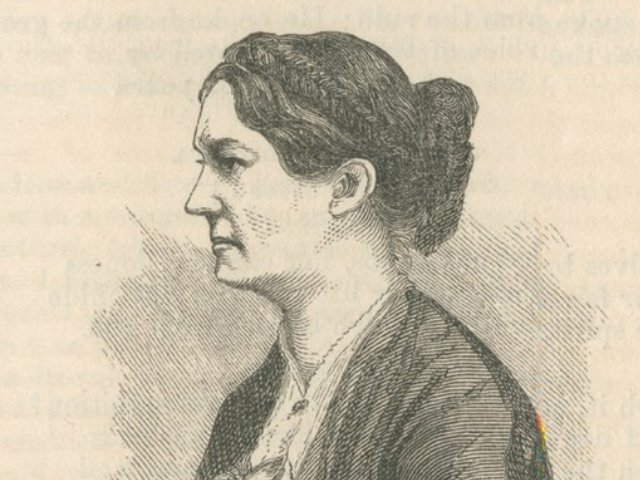Search StudySC for people, places, history, and ideas.
StudySC – Know where you live.
Explore South Carolina through StudySC! Learn about your community, South Carolina history, and the people who have made a significant impact on the state and the world.
SC Subjects by Grade Level
South Carolina People
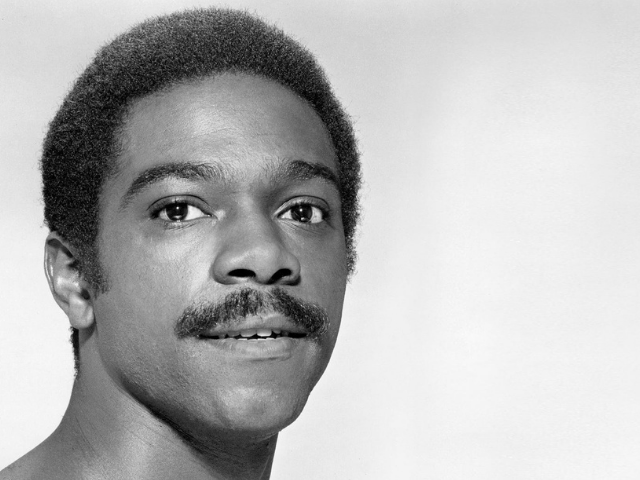
Ulysses Dove
Ulysses Dove was one of the most innovative contemporary choreographers of the past half-century.

Percival Everett
Percival Everett is a novelist, short story writer, poet, and Distinguished Professor of English at the University of Southern California.

Lauren Hutton
Lauren Hutton is a model and actress. She is best known for her roles in American Gigolo and Once Bitten.
South Carolina Counties
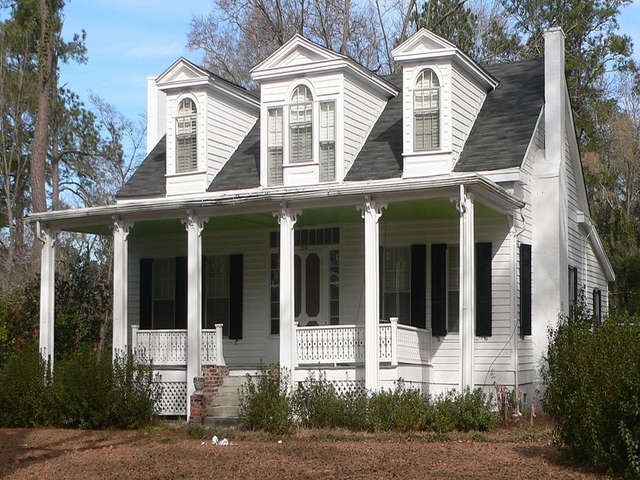
Williamsburg County
Williamsburg County was probably named for King William III of England (1650-1702). Scotch-Irish and French Huguenot settlers began moving into this part of the Lowcountry around 1732.
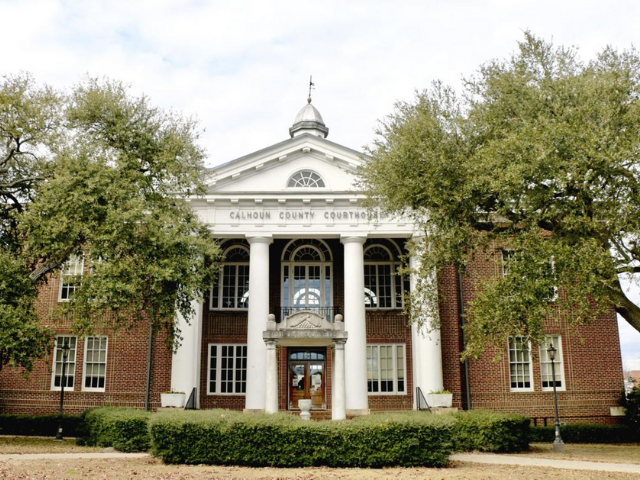
Calhoun County
Calhoun County was named for John C. Calhoun (1782-1850), who served as the United States vice president, secretary of state and of war, and senator.
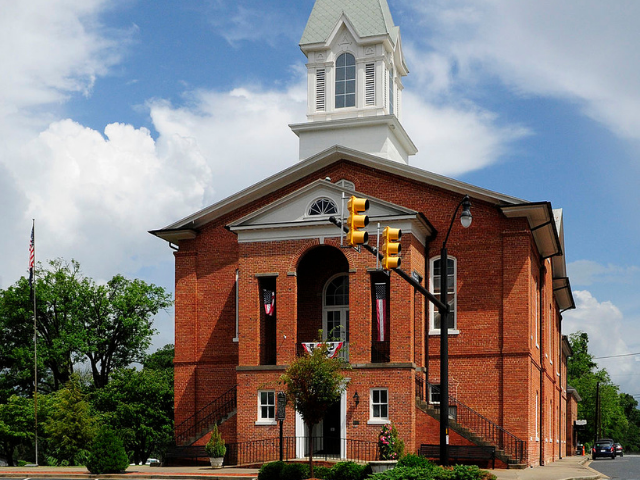
Chesterfield County
Chesterfield County was named for the English statesman Lord Chesterfield (1694-1773).
South Carolina Facts
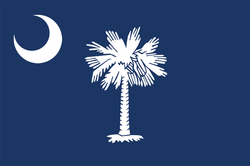
South Carolina State Flag
The General Assembly adopted the current version of South Carolina's flag on January 28, 1861. This version added the Palmetto tree to the original design by Colonel William Moultrie in 1775 for use by South Carolina troops during the Revolutionary War.
What does everything mean on the State Flag?
South Carolina Glossary
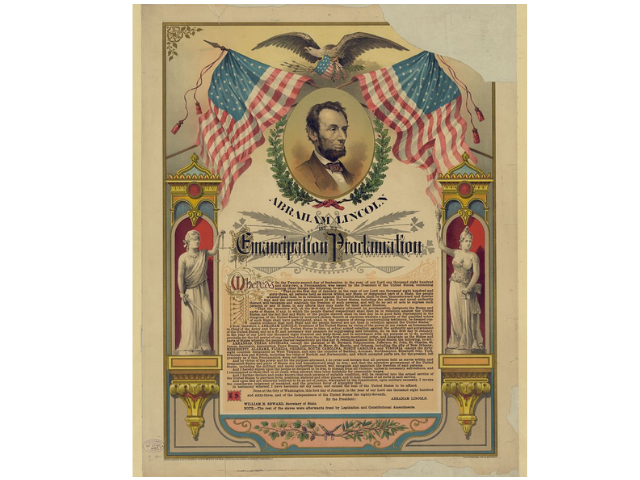
Emancipation Proclamation
(noun) - a proclamation issued by President Lincoln in September 1862, effective January 1, 1863, freeing the slaves in all territory still at war with the Union
Copyright © 2024. All rights reserved.

